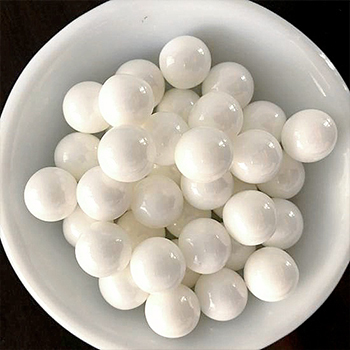
Exploring the Benefits and Applications of Organic Bentonite in Various Industries and Environments
The Role of Organic Bentonite in Modern Applications
Organic bentonite, a modified form of bentonite clay, has gained significant attention in various industries due to its unique properties and versatility. Traditionally known for its use in construction, drilling, and as a sealing agent, bentonite clay’s organic variant enhances its applicability through innovative modifications that improve its performance and usability.
What is Organic Bentonite?
Bentonite is a natural clay formed from the weathering of volcanic ash. It primarily consists of montmorillonite, a mineral known for its excellent absorbent properties. Organic bentonite is created by enhancing natural bentonite with organic compounds. This modification allows it to engage in chemical reactions that improve its hydrophilicity or hydrophobicity, making it suitable for applications that require enhanced stability or compatibility with organic materials.
Properties and Advantages
One of the primary advantages of organic bentonite is its increased surface area, which improves its ability to adsorb various substances such as liquids, gases, and even heavy metals. This property is critical in industries such as environmental remediation, where organic bentonite can bind to contaminants and facilitate their removal from soil and water.
Additionally, organic bentonite exhibits improved thermal stability, which allows it to maintain its integrity and functionality at higher temperatures. This characteristic is particularly beneficial in applications involving polymers and composites, where maintaining material integrity under stress is essential.
Applications of Organic Bentonite
organic bentonite

1. Environmental Remediation Organic bentonite plays a crucial role in cleaning up contaminated sites. Its ability to adsorb pollutants enables it to capture and neutralize hazardous substances, thereby protecting the surrounding ecosystem.
2. Agriculture As a soil conditioner, organic bentonite improves soil structure and fertility. By enhancing water retention and nutrient availability, it boosts crop yields and promotes sustainable agricultural practices.
3. Cosmetics and Personal Care The beauty industry has recently recognized the benefits of organic bentonite. Its absorbent qualities make it an ideal ingredient for face masks and body scrubs, helping to draw out impurities and excess oils from the skin.
4. Pharmaceuticals In the pharmaceutical sector, organic bentonite is used as a binder and disintegrant in tablet formulation. Its ability to control the release of active ingredients enhances the effectiveness of various medications.
5. Ceramics and Glass The ceramic industry utilizes organic bentonite as a plasticizer, improving the workability of clay bodies. This results in higher quality finished products, as it allows for better shaping and firing characteristics.
Conclusion
Organic bentonite stands at the intersection of traditional knowledge and modern innovation. Its enhanced properties and broad applicability make it a valuable resource across diverse industries, from environmental science to cosmetics. As research continues to unveil new potential uses and enhancements, organic bentonite is likely to play an even more significant role in sustainable practices and advanced material development. Its versatility not only highlights the adaptability of natural minerals but also underscores the importance of integrating traditional materials with contemporary technological advancements. As we look to the future, organic bentonite promises to contribute to a cleaner, more efficient, and sustainable world.
Share
-
Premium Pigment Supplier Custom Solutions & Bulk OrdersNewsMay.30,2025
-
Top China Slag Fly Ash Manufacturer OEM Factory SolutionsNewsMay.30,2025
-
Natural Lava Rock & Pumice for Landscaping Durable Volcanic SolutionsNewsMay.30,2025
-
Custom Micro Silica Fume Powder Manufacturers High-Purity SolutionsNewsMay.29,2025
-
Custom Mica Powder Pigment Manufacturers Vibrant Colors & Bulk OrdersNewsMay.29,2025
-
Custom Micro Silica Fume Powder Manufacturers Premium QualityNewsMay.29,2025






